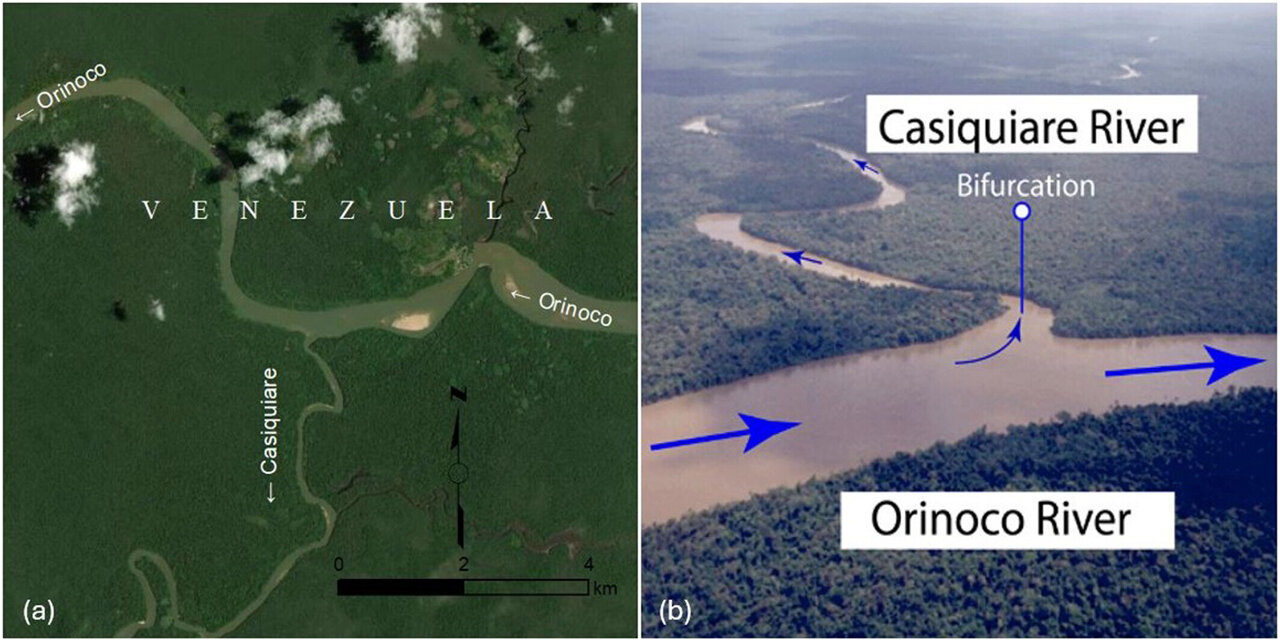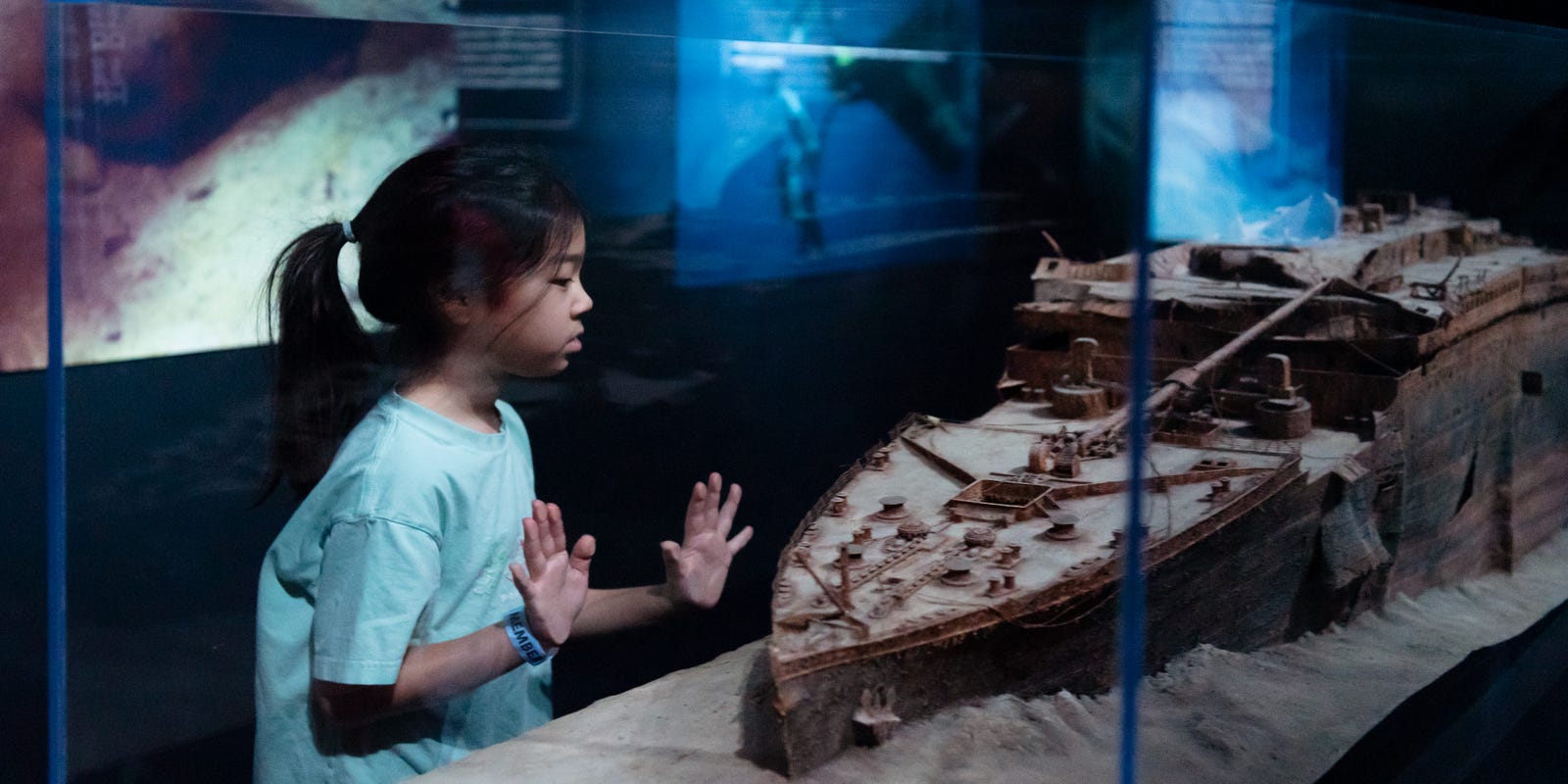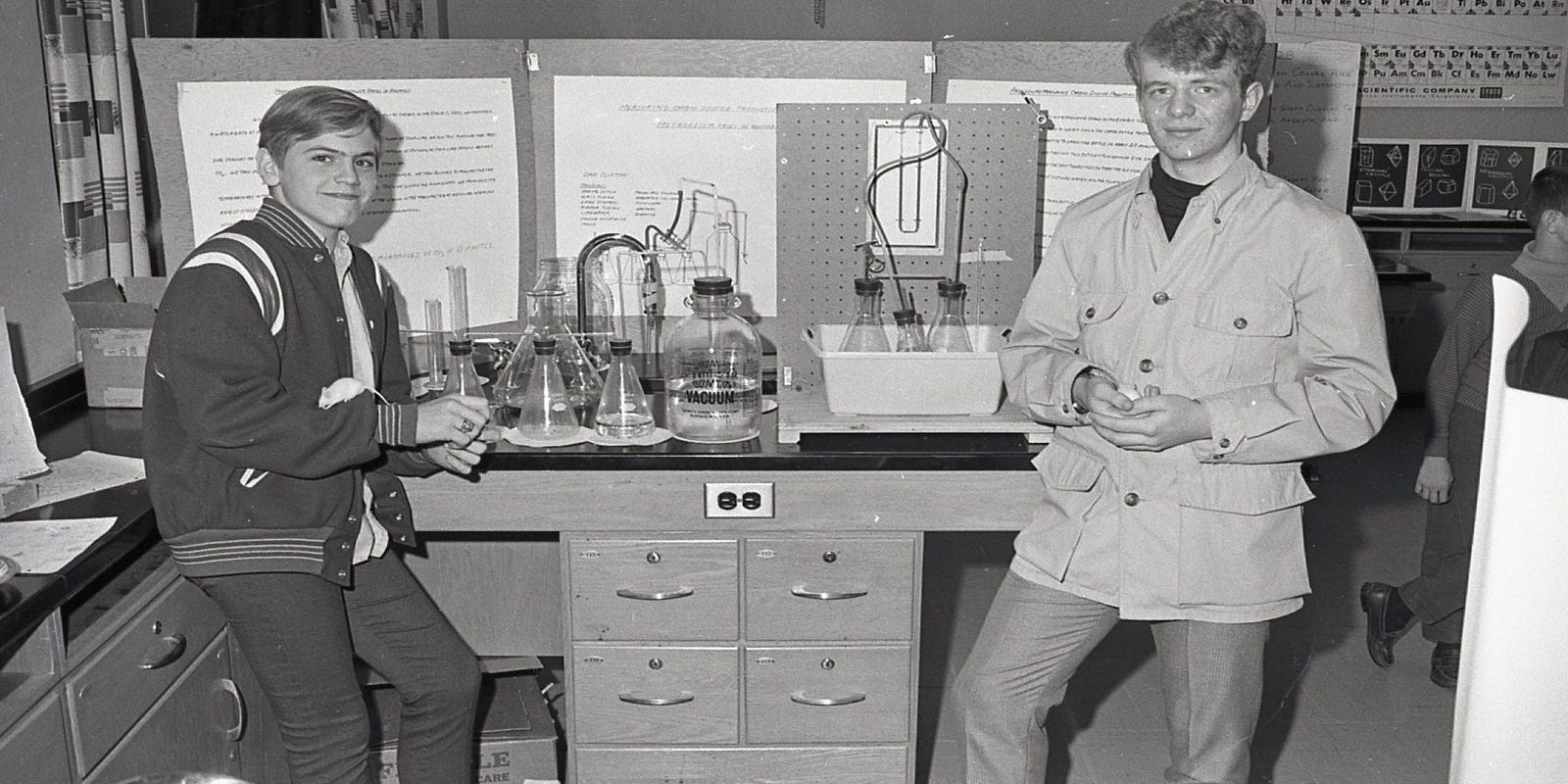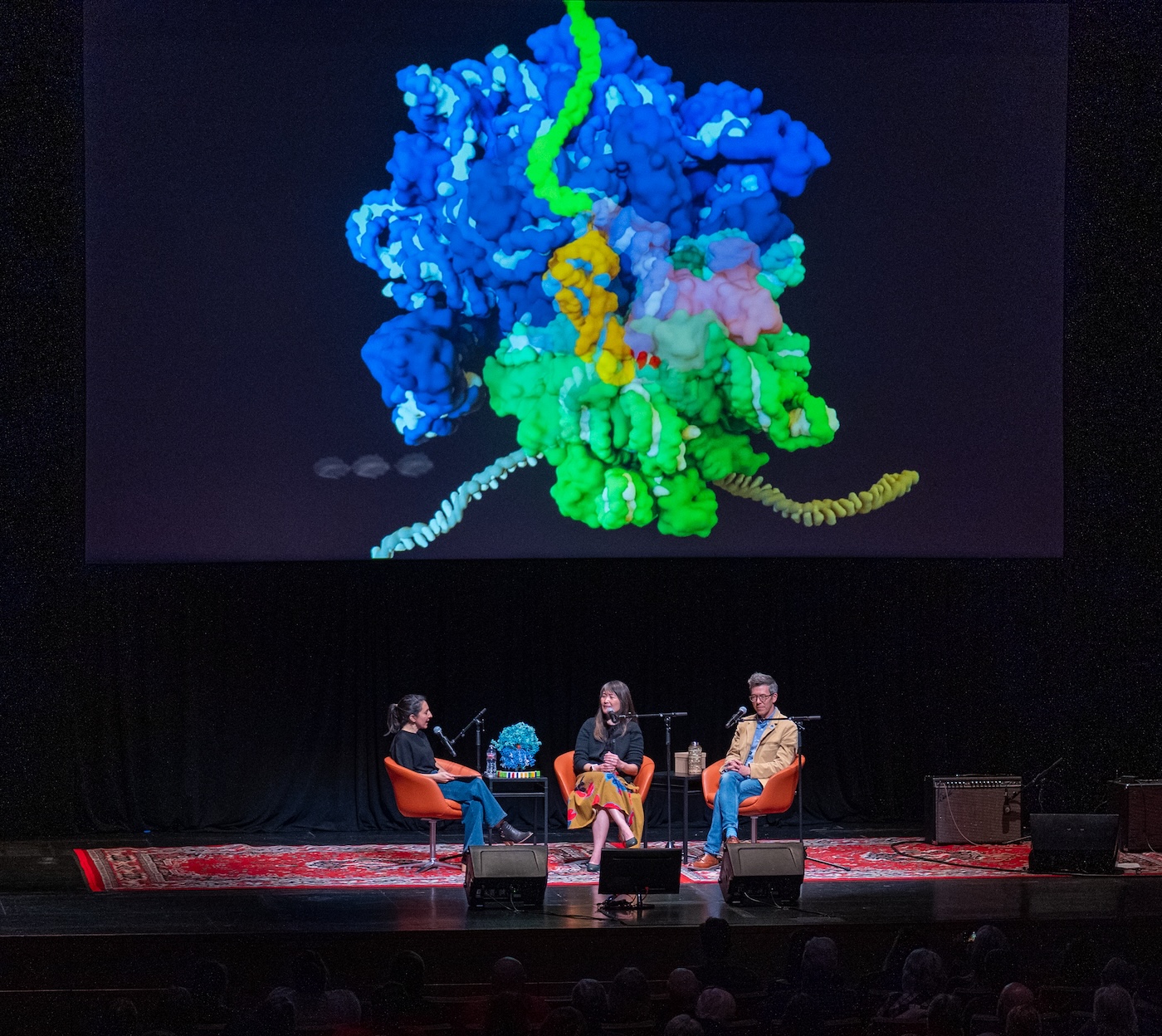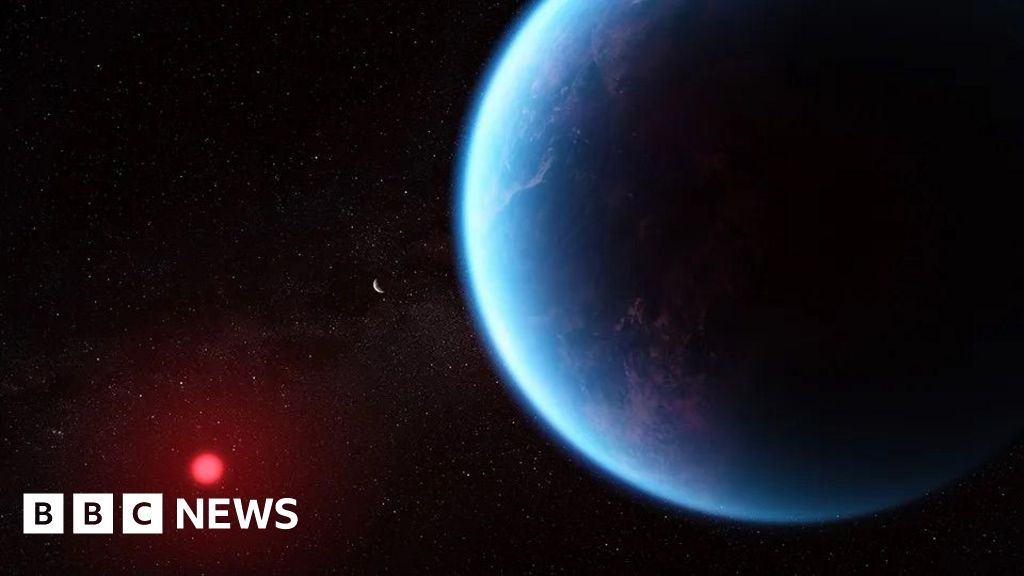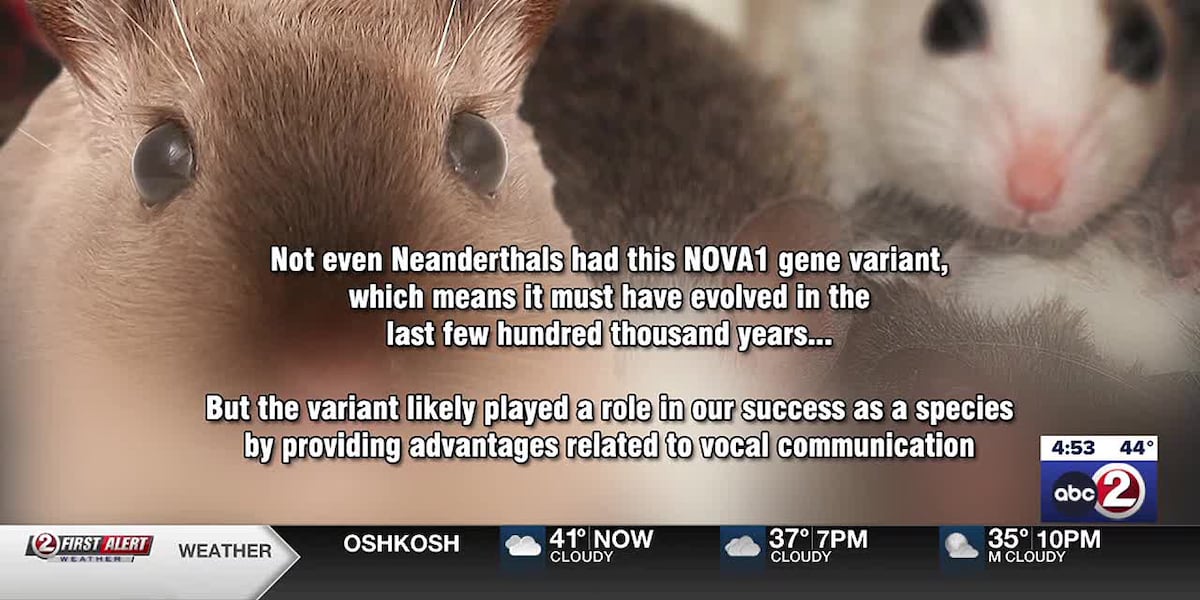Spark, Not Snore: How Words Can Ignite Kids' Scientific Curiosity
Science
2025-04-21 00:00:00Content
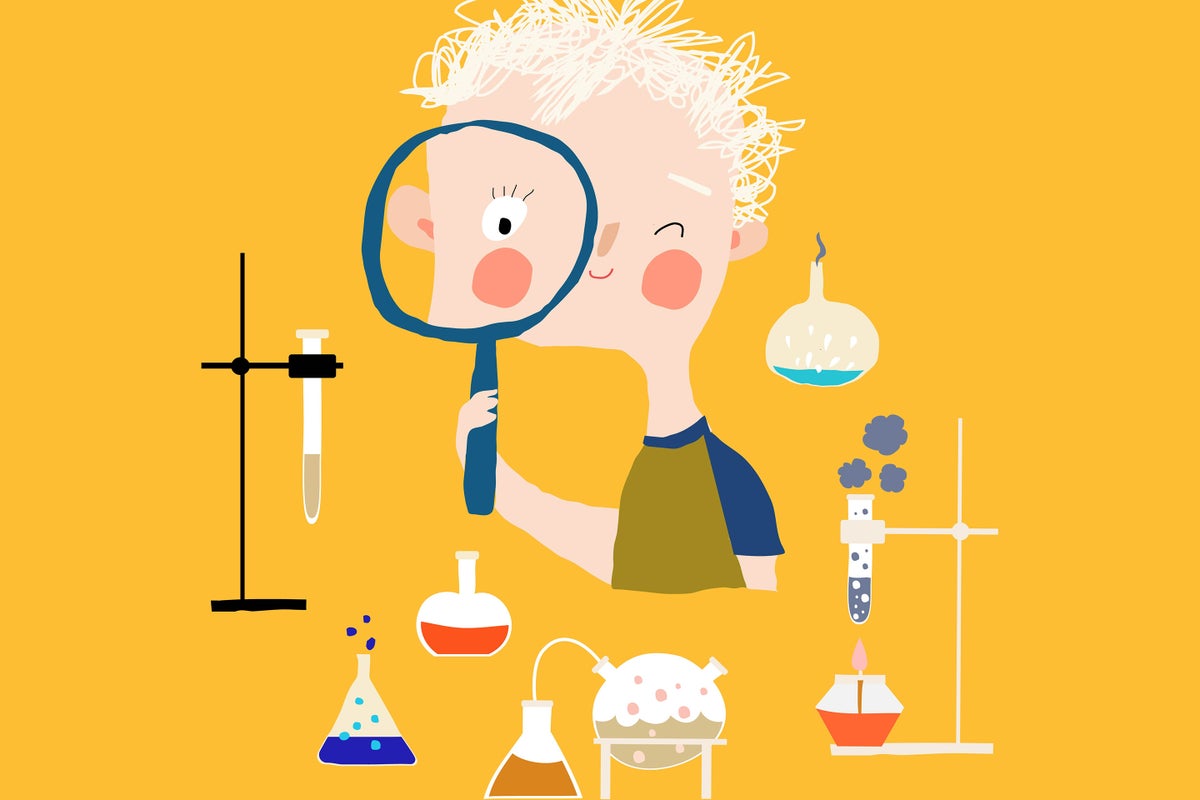
Nurturing Young Minds: How Language Shapes Scientific Curiosity
As children journey through childhood, their perception of science and scientists undergoes a remarkable transformation. The power of words becomes a crucial catalyst in maintaining their sense of wonder and excitement about discovery. By carefully choosing our language, we can inspire young learners to see science not as a distant, complex realm, but as an exciting adventure of exploration and understanding.
Every conversation, every explanation, and every description we share can either spark or dampen a child's enthusiasm for scientific thinking. Parents, educators, and mentors play a pivotal role in framing science as an accessible, dynamic, and engaging field of exploration. When we use encouraging, descriptive, and age-appropriate language, we open doors to curiosity and help children envision themselves as potential scientists, innovators, and problem-solvers.
Nurturing Young Minds: The Transformative Power of Language in Scientific Curiosity
In the intricate landscape of childhood development, the way adults communicate about science can profoundly shape a young learner's perception of discovery and intellectual exploration. The subtle nuances of language serve as a critical catalyst, potentially igniting or extinguishing the spark of scientific curiosity that resides within every child's imagination.Unlocking the Secrets of Scientific Engagement: How Words Shape Young Explorers
The Psychological Landscape of Scientific Perception
The journey of scientific understanding begins far earlier than most educators recognize. Children's cognitive frameworks are remarkably malleable, constantly absorbing and interpreting the linguistic cues surrounding scientific discourse. Researchers have discovered that the terminology, tone, and context in which scientific concepts are presented can dramatically influence a child's intrinsic motivation to explore and understand the world around them. Neuroscientific studies reveal that children's brain plasticity allows them to form complex neural connections when scientific information is presented in an engaging, accessible manner. The way adults frame scientific discussions can transform abstract concepts into tangible, exciting experiences that resonate with young minds.Language as a Gateway to Scientific Imagination
Communication strategies play a pivotal role in demystifying scientific exploration. When adults use inclusive, encouraging language, they create an environment that celebrates curiosity and intellectual risk-taking. The words chosen can either build bridges of understanding or erect barriers that discourage young learners from pursuing scientific interests. Developmental psychologists emphasize the importance of narrative approaches in scientific education. By framing scientific concepts as compelling stories of discovery, adults can help children see scientists not as distant, unapproachable figures, but as passionate explorers solving real-world mysteries.Evolving Perceptions of Scientific Identity
As children progress through different developmental stages, their understanding of what it means to be a scientist undergoes significant transformation. Early childhood experiences shape long-term attitudes toward scientific inquiry, making each interaction a critical moment of potential inspiration or potential discouragement. Longitudinal research demonstrates that children who are consistently exposed to positive, empowering scientific language are more likely to maintain their curiosity and pursue STEM-related interests. The linguistic ecosystem surrounding a child becomes a powerful determinant of their future academic and professional trajectories.Practical Strategies for Meaningful Scientific Communication
Parents, educators, and mentors can implement specific communication techniques to nurture scientific curiosity. This involves moving beyond traditional instructional approaches and embracing more interactive, collaborative methods of exploration. Encouraging questions, validating children's observations, and presenting scientific challenges as exciting puzzles can fundamentally alter their perception of learning. Innovative educational programs are increasingly recognizing the need for language-based interventions that make scientific concepts accessible and exciting. By creating environments that celebrate intellectual exploration, we can help children develop a lifelong passion for understanding the world through scientific lenses.The Neurological Impact of Supportive Scientific Dialogue
Cutting-edge research in cognitive neuroscience reveals the profound connection between linguistic experiences and neural development. When children are exposed to rich, descriptive scientific language, their brains form more complex neural networks, enhancing cognitive flexibility and critical thinking skills. The intricate dance between language and scientific understanding represents a fascinating frontier of educational research. Each carefully chosen word has the potential to unlock new dimensions of curiosity, transforming passive observers into active, engaged learners who see the world as an endless landscape of discovery.RELATED NEWS
Science

Global Science Exodus: How France Became the New Sanctuary for Researchers Fleeing Trump-Era Policies
2025-03-25 09:05:04
Science

Campus Uprising: Hamilton Students Mobilize Against Presidential and Cryptocurrency Controversies
2025-03-07 19:11:53
Science
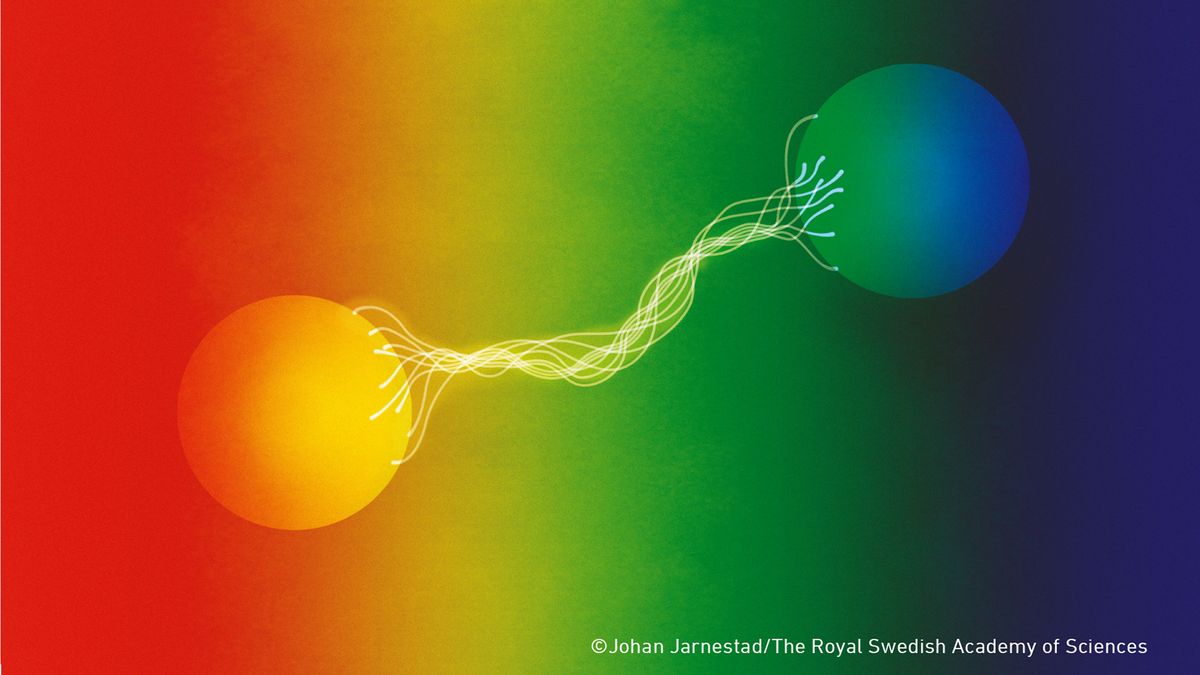
AI Unlocks Quantum Teleportation Shortcut: Einstein's Mysterious 'Spooky' Phenomenon Simplified
2025-03-09 14:00:00
